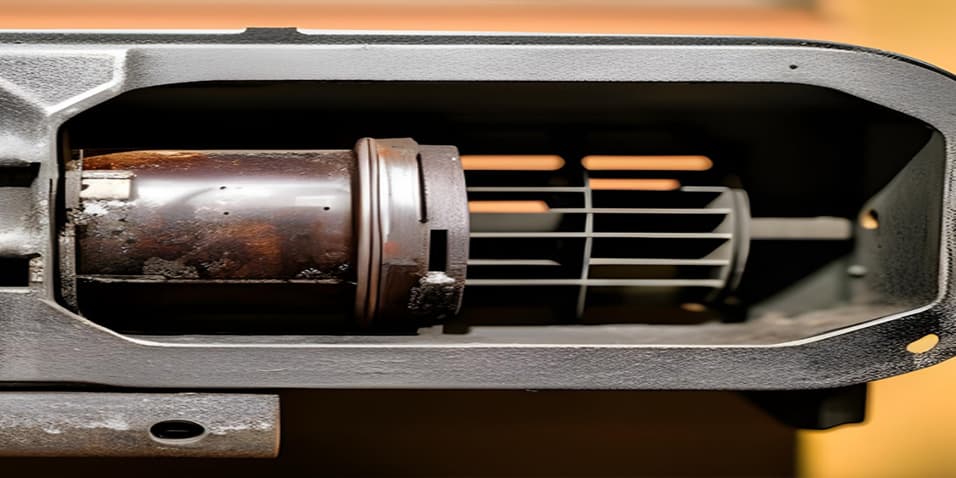Motor fails to start may cause by reasons such as low supply voltage or severely unbalanced voltage. Sometimes, the motor leads are miswired is also an often cause of starting failure.To find out the reasons, we could check the power supply fuses first, and then recheck the connection diagram to make sure the leads are wired correctly. Measure the supply voltage at motor terminals to see if it is within limits. When above check completed, we need to know if the driven load exceeds motor capacity. It can be caused by load jammed. To rule out this reason, we could remove excessive load if possible, or disconnected the motor, ensure the uncoupled shaft turns freely. Here we list some common motor starting problems below.
Wiring problem
If the wiring is not in good condition, it will cause some problems in the motor. It may be that the wiring is loose or just the specification is wrong. You may also have damaged or frayed wiring. All these problems will prevent the motor from starting. Make sure to carefully check all wiring in the motor starting circuit. You will need to chekc the user manual so that you can follow the wiring path without any guesswork.
Damaged starting coil
Another common problem that causes motor problems is damage to the starting coil. Due to long-term use, it may only wear out over time. If an incorrect component type is selected for replacement, the replaced starter coil may also prevent the motor from starting. If you do not find any signs of damage to the starting coil, you should make sure that you are using the correct coil before replacement.
Fuse blown
This is probably the most common problem that causes the motor to fail to start completely. If a fuse blows somewhere in the system, you need to replace it with another fuse of the same amperage, and you need to reset the circuit breaker before attempting to restart the motor. There are many reasons for a blown fuse, the most common is current overload, so if it continues to happen repeatedly, you may need to perform some additional maintenance on the motor to prevent these current problems from continuing to cause problems.
Poor starting capacitors
Not all types of motors will use starting capacitors, but for motors that use starting capacitors, it is important to check them to make sure they are in good condition. Start capacitors are not designed to dissipate the heat associated with continuous operation. If a start capacitor stays in the circuit too long, it will overheat and fail.that you may need to replace the part.
Corrosion of control switch contacts
Check the control switch carefully. If they are burned, dirty or corroded, this may prevent current from flowing through the motor normally. If the motor does not start, check the control switch contacts; if they are dirty, they can be cleaned frequently and you will not have to go through the trouble of replacing them.

